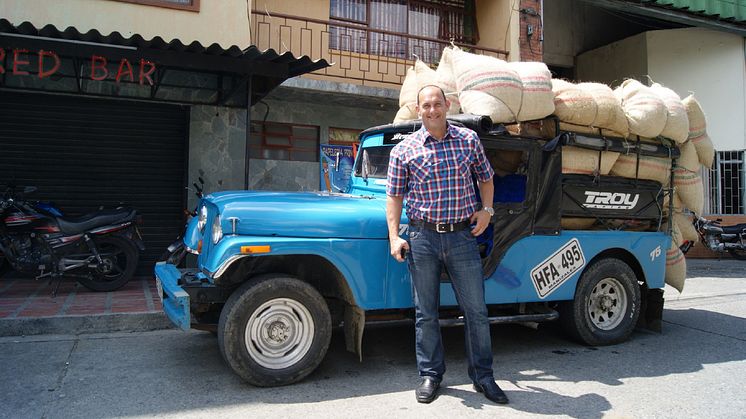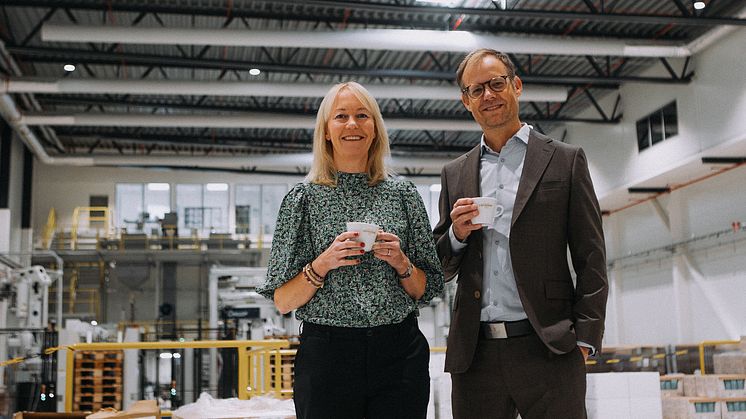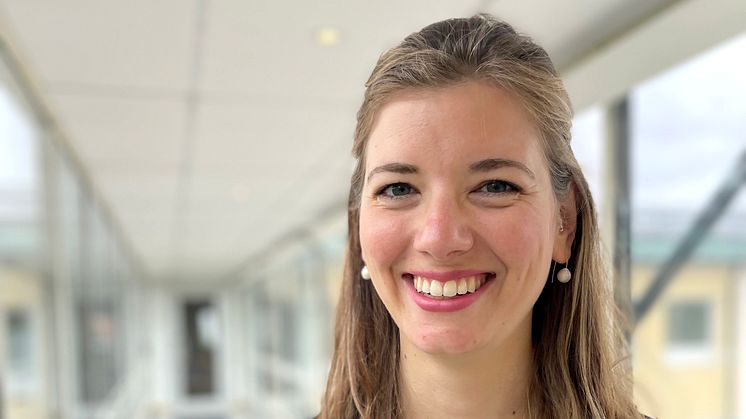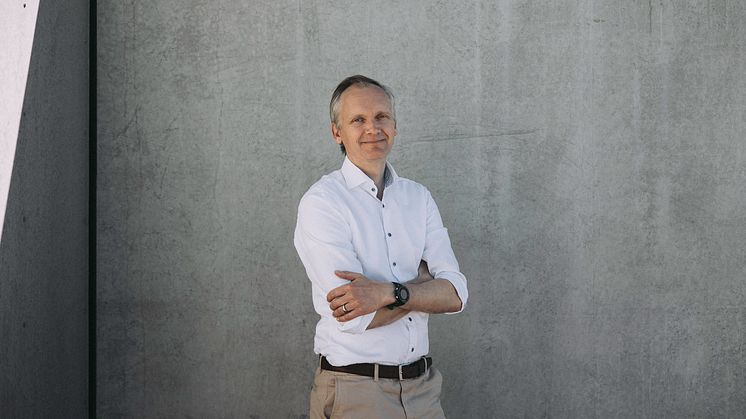
Blog post -
"Certifications is an important piece of the puzzle for fair and sustainable development"
There is a need for increased justice in the value chain and we work with that in several different ways. For instance, certifications. We imported the first container of organic coffee to Sweden in 1995. Today we are one of the world’s largest buyers and roaster of organic and Fairtrade coffee today.
Working with certifications means that an independent party controls the farm, that the production and the working conditions are considerate to both people and the environment. It means certifications play an important role in our work since they reduce risks and contribute to a positive change. In our constant endeavour for a more sustainable development in the value chain, certifications are a good tool and an important complement to our efforts.
On my visits to the producing countries, I see many great examples on certified coffee being a good tool for a positive change. Better paid farmers, lower water consumption and stronger resistance to climate change for example.
It is often complicated to find and purchase coffee that meet our requirements on sustainability and quality, something I´ve worked with the last 30 years. Our endeavour for a delicious organic coffee has continued on, and thanks to a development in Brazil that we have been a part of, it looks as if the supply can increase. The consumers’ growing interest for environment and climate matters makes the financial benefits of organic farming stronger. Simply put, farmers are more paid for their extensive efforts in organic farming.
I have travelled around in amongst others Brazil the last couple of years to tell coffee farmers about the Nordic countries’ great interest for organic coffee. Organic coffee comes with extra work, but there are great commercial benefits for the farmers, especially in such a volume-driven country as Brazil.
The travels have paid off, and a lot of farmers see the added value of organic farming in relation to conventionally farmed coffee. For the last couple of years, we have signed agreements with more organic farmers, and even more are in progress. The agreements extend for a number of years, which is historically long contracts in the coffee industry. It is good for us as well as the farmers as we can secure long-term deliveries of high-quality organic coffee at the same time as they can keep on investing in and developing their business. The long contracts make it easier for the coffee farmer to get a loan from banks and investors
The climate change has affected the farming of organic coffee in many countries. Which is why it is important that farmers in Brazil, the largest producing country, invest in it. Well-managed organic farms are more resistant to climate change, but it takes several years to get certified. It requires many farmers as well as commitment and financial efforts. Those conditions can be found in Brazil.
Tony Broman
Senior Trading Manager, Löfbergs






